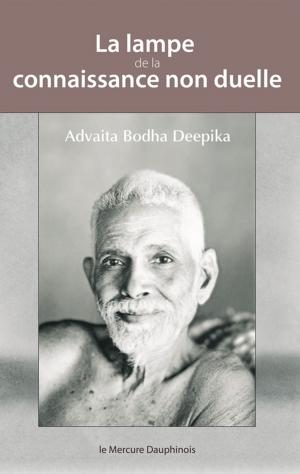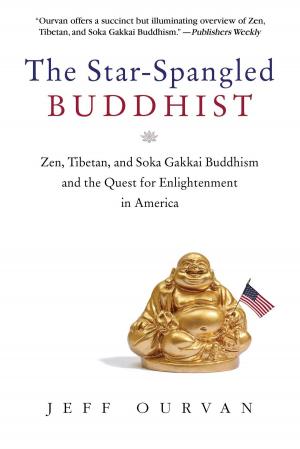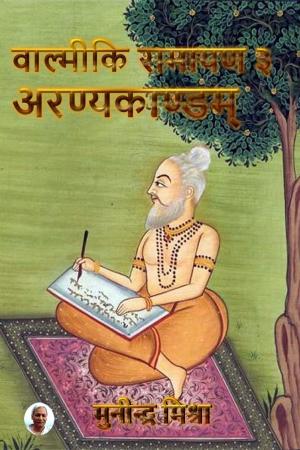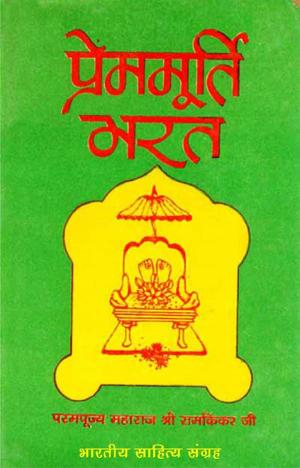The Regal Way to Realization
Yogadarsana
Nonfiction, Religion & Spirituality, Philosophy, Metaphysics, Eastern| Author: | Patanjali | ISBN: | 9781931406208 |
| Publisher: | Parmenides Tradl. Philosophy Found. | Publication: | May 29, 2015 |
| Imprint: | Aurea Vidya | Language: | English |
| Author: | Patanjali |
| ISBN: | 9781931406208 |
| Publisher: | Parmenides Tradl. Philosophy Found. |
| Publication: | May 29, 2015 |
| Imprint: | Aurea Vidya |
| Language: | English |
From ancient times the Rsis or great Sages, in composing their works, drew from a fount of Wisdom that embraces the knowledge of the spiritual and scientific laws that regulate the micro and macrocosm. After a profound research and consequent self-realization, the Rsis discovered that the first cause of human suffering rests on ignorance (avidyà) of one's own real nature, which is Completeness, Synthesis and Unity. In this context takes its place the Yogadarśana, one of the six "Points of View" of the Indian philosophy based on the Vedas, and codified by PATAÑJALI in his work which was given the name of Yogadarśana or Yogasutra. Faithful to traditional Knowledge, in his sutras, PATAÑJALI posits the problem of kaivalya, liberation from the becoming of prakrti (universal substance). Patañjali describes, we may say, in a "scientific" way, the means to realize a process of coordination, integration, mastery, transmutation and transcendence of our psychic and imprisoning energies so as to "burn" all the obstacles that hinder the state of kaivalya or "isolated Unity". Thus this opus, which can be defined as alchemical, does not speak of "inhibition" or psychological "flights", but of solution and integration of the process-becoming (samsara). In his Translation and Commentary of the Yogasutras, RAPHAEL is faithful to the Upanisadic Tradition. So the work can be comprehended in its appropriate spiritual, philosophical and ethical dimensions. In particular, the Commentary, is of great importance and efficacy because it brings to light aspects and connections that are not readily apparent in the text. At the same time Raphael utilizes a conceptual methodology befitting the Western forma mentis. RAPHAEL is an author and a Master in the Western Metaphysical Tradition as well as the Vedanta. For over 35 years, he has written several books on the pathway of Non-duality (Advaita). He has also translated and commented a number of key Vedanta texts from the original Sanskrit. His entire work is a conscious reunification of Western and Eastern Traditions into Unity of Tradition. Founder of the Aśram Vidyá Order, Raphael is now dedicating himself entirely to the spiritual practice. He lives in a hermitage connected to the aśram and devotes himself completely to a vow of silence. May Raphael's Consciousness, expression of Unity of Tradition, guide and illumine along this Opus all those who donate their mens informalis (non-formal mind) to the attainment of the highest known Realization.
From ancient times the Rsis or great Sages, in composing their works, drew from a fount of Wisdom that embraces the knowledge of the spiritual and scientific laws that regulate the micro and macrocosm. After a profound research and consequent self-realization, the Rsis discovered that the first cause of human suffering rests on ignorance (avidyà) of one's own real nature, which is Completeness, Synthesis and Unity. In this context takes its place the Yogadarśana, one of the six "Points of View" of the Indian philosophy based on the Vedas, and codified by PATAÑJALI in his work which was given the name of Yogadarśana or Yogasutra. Faithful to traditional Knowledge, in his sutras, PATAÑJALI posits the problem of kaivalya, liberation from the becoming of prakrti (universal substance). Patañjali describes, we may say, in a "scientific" way, the means to realize a process of coordination, integration, mastery, transmutation and transcendence of our psychic and imprisoning energies so as to "burn" all the obstacles that hinder the state of kaivalya or "isolated Unity". Thus this opus, which can be defined as alchemical, does not speak of "inhibition" or psychological "flights", but of solution and integration of the process-becoming (samsara). In his Translation and Commentary of the Yogasutras, RAPHAEL is faithful to the Upanisadic Tradition. So the work can be comprehended in its appropriate spiritual, philosophical and ethical dimensions. In particular, the Commentary, is of great importance and efficacy because it brings to light aspects and connections that are not readily apparent in the text. At the same time Raphael utilizes a conceptual methodology befitting the Western forma mentis. RAPHAEL is an author and a Master in the Western Metaphysical Tradition as well as the Vedanta. For over 35 years, he has written several books on the pathway of Non-duality (Advaita). He has also translated and commented a number of key Vedanta texts from the original Sanskrit. His entire work is a conscious reunification of Western and Eastern Traditions into Unity of Tradition. Founder of the Aśram Vidyá Order, Raphael is now dedicating himself entirely to the spiritual practice. He lives in a hermitage connected to the aśram and devotes himself completely to a vow of silence. May Raphael's Consciousness, expression of Unity of Tradition, guide and illumine along this Opus all those who donate their mens informalis (non-formal mind) to the attainment of the highest known Realization.















